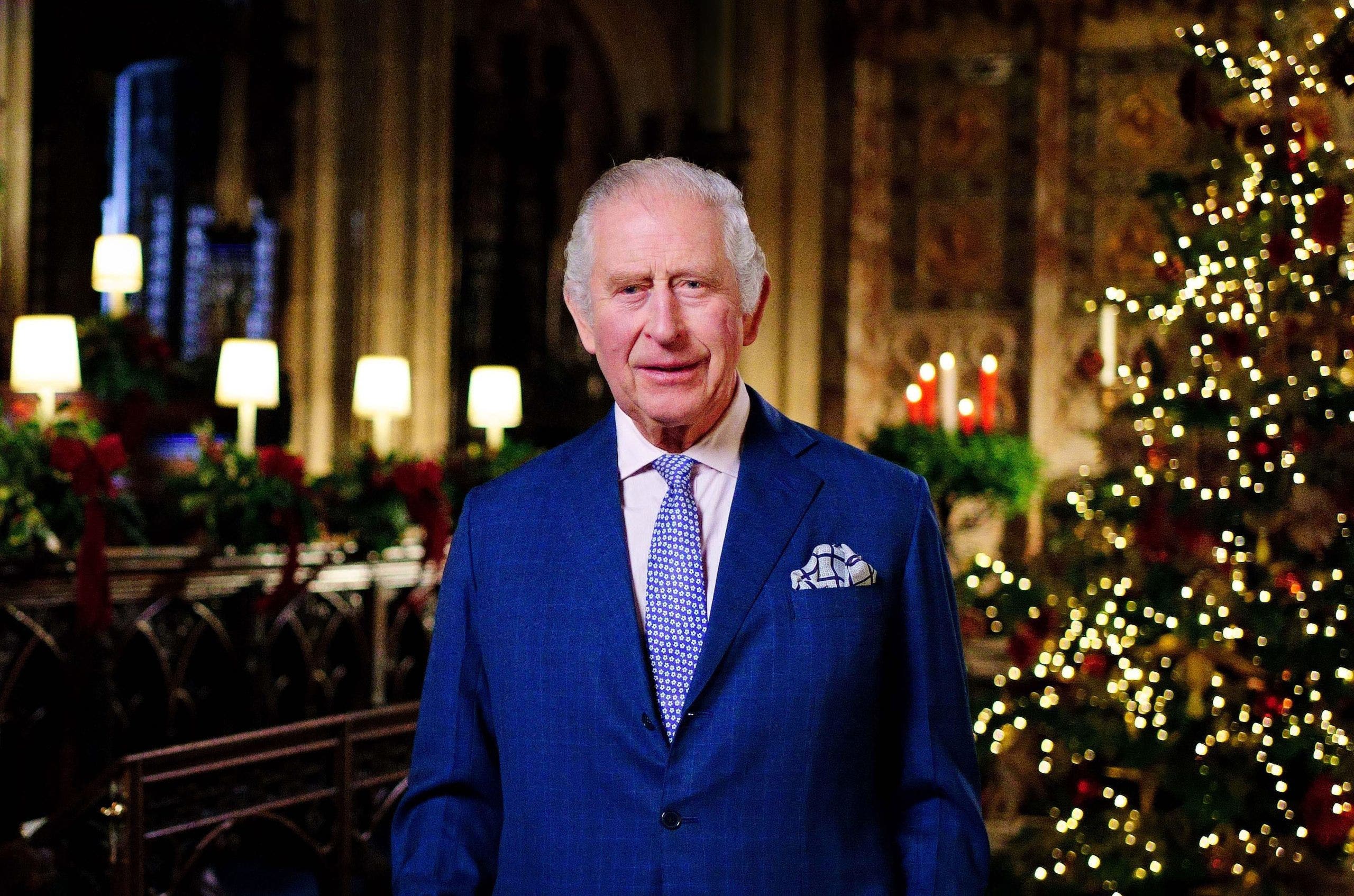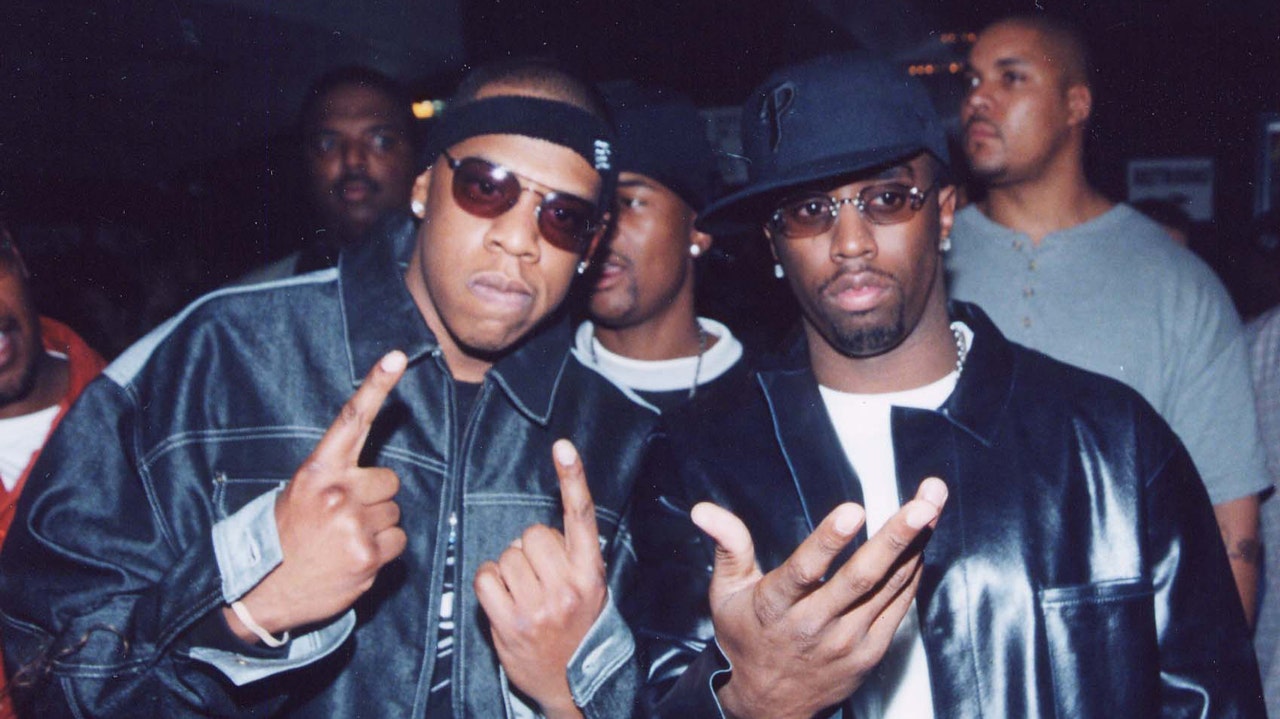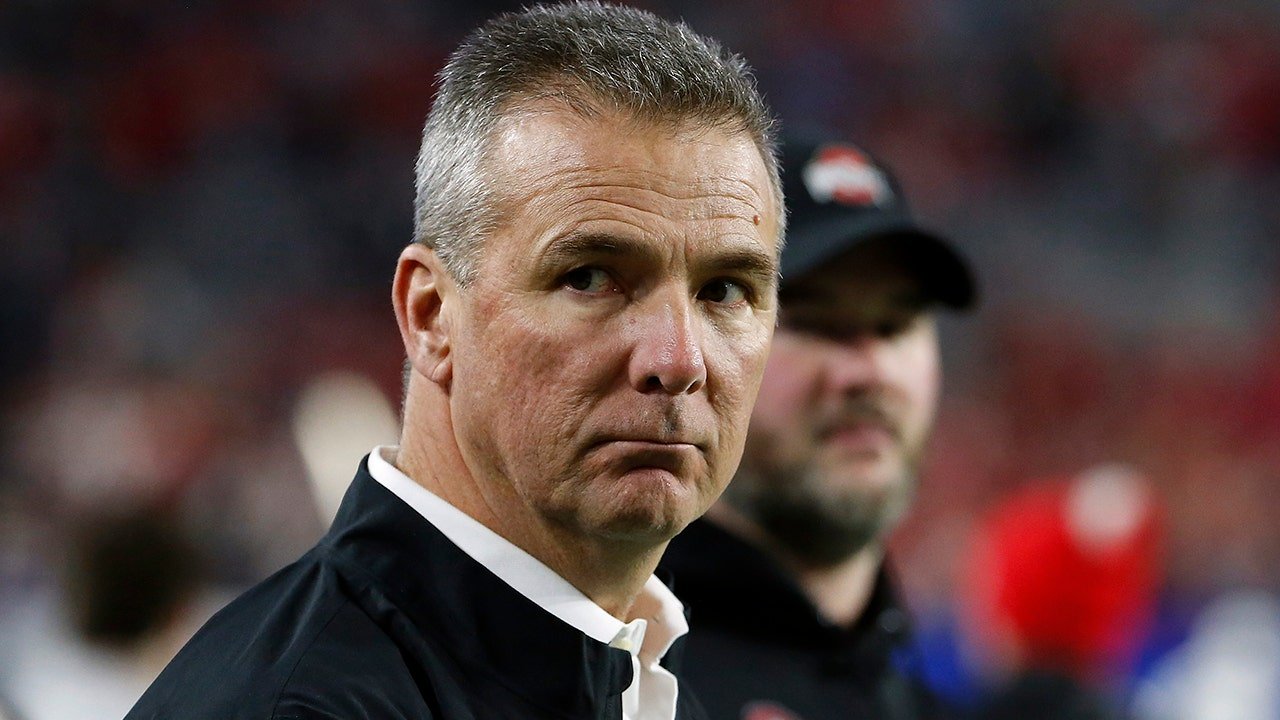Urban Meyer Rips Ohio State’s Kyle McCord over Decision to Enter Transfer Portal
Urban Meyer, the former head coach of the Ohio State Buckeyes and current analyst for Fox Sports, recently expressed his disappointment in quarterback Kyle McCord’s decision to enter the transfer portal. McCord, a highly touted recruit in the class of 2021, joined the Buckeyes with high expectations and the hope of someday becoming the team’s starting quarterback. However, after just one season at Ohio State, McCord has decided to explore other options. This decision has not sat well with Meyer, who believes that young players need to show more loyalty and commitment to their teams.
1. The Importance of Commitment
Meyer has always emphasized the value of loyalty and commitment in his coaching philosophy. He believes that players who are committed to their teams and are willing to work hard to earn their spot on the field will ultimately be more successful. By entering the transfer portal, McCord has shown a lack of commitment to the Ohio State program and a willingness to abandon his teammates and coaches.
Meyer’s sentiment echoes the beliefs of many traditionalists in college football who argue that student-athletes should prioritize their team and school over their individual desires. They argue that the transfer portal has made it too easy for players to jump from program to program, without facing the consequences of their decisions.
2. The Challenges of Competition
Another point of concern for Meyer is the idea that young players today may not be willing to face the challenges of competition. In today’s era of college football, top recruits like McCord often face stiff competition for playing time. Instead of embracing these challenges and working to earn their spot, some players are choosing to transfer to programs where they believe they will have a better chance of starting.
Meyer believes that this mindset is detrimental to the development of young players. He argues that facing tough competition and working hard to earn playing time is an essential part of the college football experience. By transferring, players may miss out on the valuable lessons and growth that come from competing and pushing themselves to be the best.
3. The Impact on Team Dynamics
Aside from the individual implications, Meyer also highlights the impact that a player’s decision to transfer can have on team dynamics. When a player enters the transfer portal, it sends a message to the rest of the team that they are not fully committed to the program. This can create a sense of uncertainty and division among teammates, as they wonder who will be the next to leave.
Meyer believes that a strong team is built on trust, unity, and a shared commitment to a common goal. When players begin to prioritize their individual desires over the team’s success, it can erode the foundation of trust and unity that is necessary for a successful football program.
4. The Role of Coaching and Leadership
As a coach himself, Urban Meyer understands the role he plays in shaping the attitudes and decisions of his players. He believes that it is the responsibility of coaches to instill a sense of loyalty and commitment in their teams. By holding players accountable and emphasizing the importance of team goals, coaches can help guide their players towards making decisions that are in the best interest of the program as a whole.
Meyer acknowledges that there may be legitimate reasons for a player to transfer, such as changes in coaching staff or personal circumstances. However, he believes that these cases should be the exception, not the norm. Players should exhaust all possibilities and work through challenges before considering the transfer route.
5. The Changing Landscape of College Football
Meyer’s criticism of McCord’s decision reflects a broader debate surrounding the changing landscape of college football. With the advent of the transfer portal and the increasing freedom given to student-athletes, players now have more options and opportunities than ever before.
While this newfound freedom is celebrated by some as a positive step towards empowering student-athletes, others like Meyer see it as undermining the traditional values and principles of college football. The transfer portal has created a culture where players are encouraged to prioritize their individual desires over their team’s success.
6. Conclusion
In the case of Kyle McCord and his decision to enter the transfer portal, Urban Meyer’s criticism reflects his belief in the importance of commitment, competition, team dynamics, coaching, and the traditional values of college football. As the sport continues to evolve and the transfer portal becomes more prevalent, the debate over loyalty and commitment will likely persist. Only time will tell how the changing landscape of college football will ultimately shape the future of the game.
*Source www.foxnews.com












































